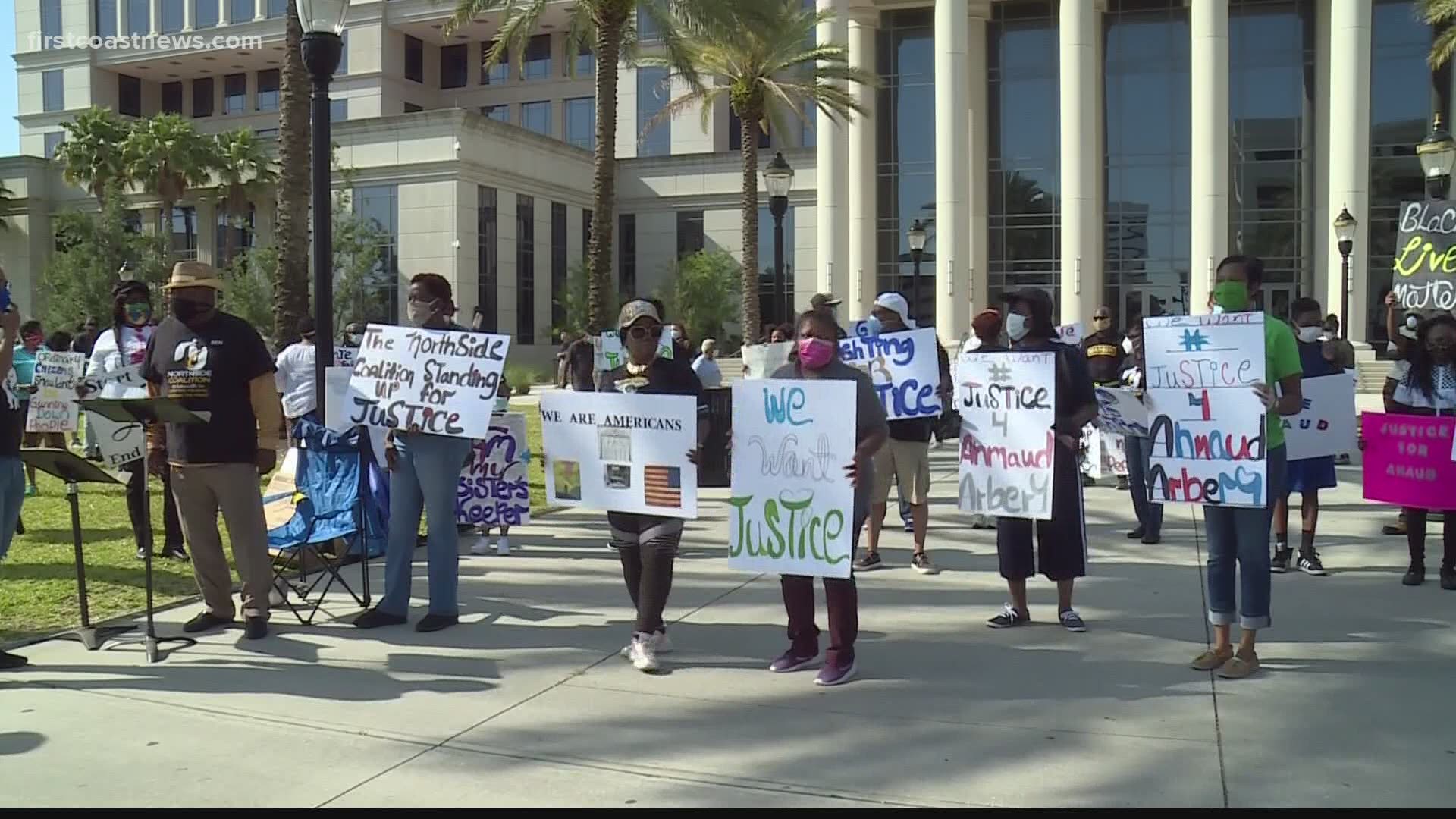JACKSONVILLE, Fla. — “A crisis within a crisis.”
That’s what one local sociologist and scholar is calling the spate of videos bringing racial bias into sharp focus -- even amid a global pandemic.
“We’ve seen how this pandemic has disproportionately impacted communities of color,” says Dr. JeffriAnne Wilder, a Jacksonville-based researcher that looks into issues of diversity and race. “In dealing with all the heaviness of that, we also have to deal with the added crisis of more senseless violence and death of black people. And it’s just really heavy. And a lot of people are exhausted. They are numb, and all the time we want change.”
Protests in Minneapolis Tuesday night over the death of George Floyd at the hands of police came on the heels of weeks of protests in Brunswick, Georgia, over the shooting death of Ahmaud Arbery by two white men.
And -- though not violent -- cell phone video from Central Park stoked further outrage, showing a white woman calling 911 to report fake allegations against a black man.
“The lyching continues in a modern-day fashion," Wilder says. "These things should not be occurring. The man trying to birdwatch in Central Park said he turned his video on because of what happened in Brunswick.”
She says the common thread in all three incidents is race provoking suspicion and retaliation.
“It’s frustrating, it’s sad, it’s unfortunate," Wilder says. "And all of these folks that we’re talking about had lives. They had loved ones that lost them.”
That’s the topic of a webinar Thursday organized by the Jacksonville group 904ward titled, “When Is It Safe To Be Black?”
According to the event website, “African Americans are often made to feel as though they are uninvited guests in their own country. They are excluded from environments great and small -- sometimes it’s subtle and at times by force and often because of irrational fears and unconscious biases.”
The panel discussion features Ron Davis, father of 17-year-old Jordan Davis, who was murdered by a white man at a Southside Gate gas station following a dispute over loud music.
Davis’ death predated the omnipresence of the smartphone – which Wilder says has been helpful in documenting incidents with video and raising awareness. But the continual documenting takes a toll.
“The flipside of that is it’s resulting in this kind of collective trauma of seeing someone die,” she says. “That’s not normal. And you know, unfortunately, there will be a next time.”
The webinar is free, but registration is required. You can register here: https://www.904ward.com/when-is-it-safe

